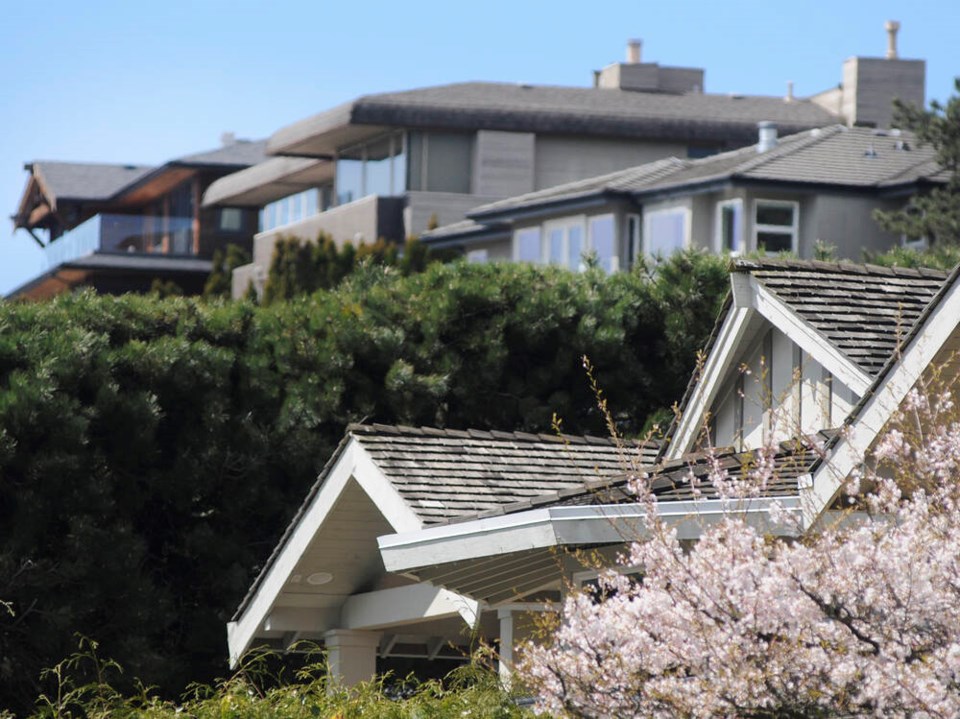A federal ban on foreigners buying residential real estate is set to go into effect in January.
But local real estate agents and pundits say they’re still in the dark about exactly how the ban will work and what it will mean to the real estate market on the North Shore.
Since last spring, when Ottawa first announced its intention to ban foreign buyers, “it’s been under the radar,” said Jason Soprovich, a West Vancouver real estate agent who specializes in luxury homes.
“We’ve been told that it’s coming into effect, and that it’s going to affect personal purchases of international buyers across the entire country, and that there will be a moratorium for two years, and that it will affect corporations being able to purchase as well.”
What’s less clear is what the impact will be, he said.
Impact of foreign buying ban unclear
The federal government introduced the new rules among efforts to dampen housing prices.
But Andy Yan, director of SFU’s city program, said that move has come about a decade too late. Between 2011 and 2016, foreigner buyers played an outsize role in some real estate markets, notably including West Vancouver, which became popular with affluent purchasers from China.
At that time, loose lending rules governing foreigners meant it was often easier to get a loan as a foreign student with assets than it was as a Canadian seeking a mortgage, said Yan.
The result was many foreigners were happy to use local real estate as an investment, he said.
Resulting rising prices are “what happens when residential property becomes a global commodity,” said Yan.
Going back to 2016, foreign buyers made up 24 per cent of West Vancouver real estate purchasers in the weeks leading up to the introduction of the provincial foreign buyers tax.
But once that tax was put in place in 2016, foreigners have made up a much smaller percentage of purchasers, said Soprovich.
During pandemic number of foreign buyers fell
As COVID-19 closed borders in 2020 and 2021, foreigners largely disappeared from real estate sales, he said. The real estate boom of last year was fuelled entirely by domestic buyers, said Soprovich.
Yan said foreigners haven’t been dissuaded entirely from buying local real estate. In fact, he said he wouldn’t be surprised to see a spike before the ban officially goes into place.
He added the two-year moratorium is a temporary measure and may be intended more for political appearances than to accomplish policy goals.
About nine per cent of West Van homes foreign owned
According to figures from the Ministry of Finance, about nine per cent of homes in West Vancouver have some kind of foreign ownership. In the District of North Vancouver, that percentage was lower – at about three per cent. In the City of North Vancouver, foreigners account for about five per cent of residential property owners.
Foreigners also pay about 60 per cent of the speculation and vacancy tax.
In West Vancouver, the amount paid – $6.58 million – is the third highest in the province.





